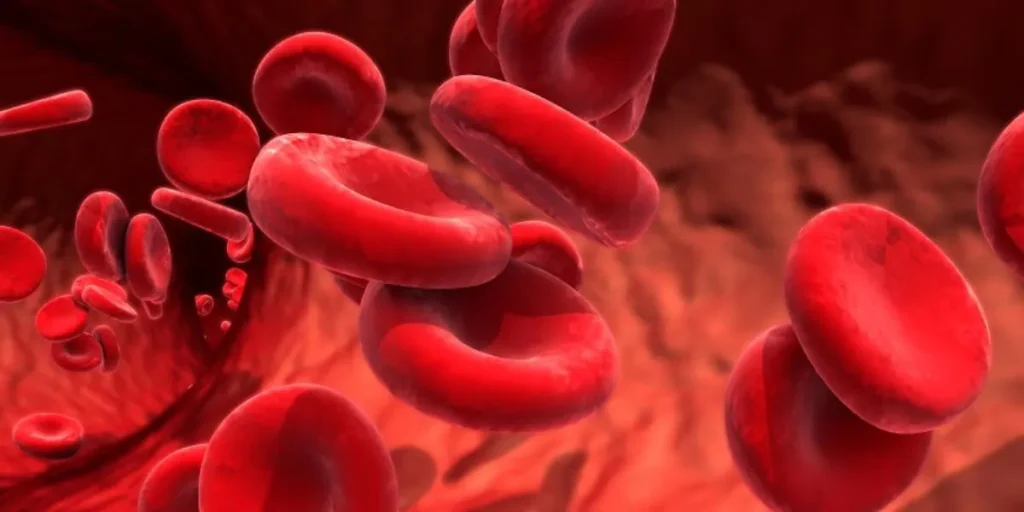ALEXION SUFFERS DEFEAT OVER SOLIRIS PATENT AT UK HIGH COURT

In the pan-European dispute over Soliris, Alexion has now suffered another defeat. The UK High Court found that an important patent relating to the active ingredient eculizumab would have to be revoked. The UPC had previously come to a similar conclusion.
Alexion has been defending several patents related to its biologic Soliris across courts in Europe. The orphan drug, based on the monoclonal antibody eculizumab, treats paroxysmal nocturnal haemoglobinuria (PNH).
PNH is a rare blood disorder that occurs when the immune system destroys red blood cells and platelets. Left untreated, it can cause haemolytic anaemia, chronic kidney disease or thrombosis. Soliris also treats other diseases such as atypical haemolytic uraemic syndrome, generalised myasthenia gravis and neuromyelitis optica.
Alexion’s latest dispute with Amgen and Samsung Bioepis concerns EP 3 167 888 B1, titled ‘Treatment of paroxysmal nocturnal hemoglobinuria patients by an inhibitor of complement’. Granted only last year, the patent is also subject to several oppositions. Amgen and Samsung Bioepis are among the opponents.
At the centre of the UK dispute was claim construction. According to the patent claim, the antibody is partly characterised by a light chain sequence with 22 extra amino acids. During prosecution, Alexion applied to amend the claims to define a light chain without the additional 22 amino acids. The EPO’s Technical Boards of Appeal rejected the application due to added matter objections (case ID: T1515/20). Thus, the EPO granted EP 888 on 1 May 2024 with claims defined in terms of the original application, having the 22 additional amino acids.
Samsung Bioepis and Amgen argue that their biosimilar products’ light chains will not have the additional 22 amino acids but rather the exact same sequence as eculizumab. Presiding judge Richard Meade found that, based on the claim construction, the patent would have to be revoked and was not infringed. Furthermore, he considered it unnecessary to decide on non-technical issues brought in the proceedings, such as abuse of process, judicial estoppel or approbation and reprobation, as this would not affect the overall result (case IDs: HP-2024-000020 and HP-2024-000021).
UPC rejects PI
Previously, the UPC had rejected a PI application filed by Alexion over the same patent. In a dispute involving the same parties, the court had expressed doubts that EP 888 would survive an opposition at the EPO. As a result, the local division Hamburg in July 2024 dismissed a PI application by Alexion against Samsung Bioepis and Amgen. An appeal by the patent holder was rejected by the Court of Appeal in Luxembourg later that same year (case IDs: UPC_CoA_402/2024 and UPC_CoA_405/2024).
The opponents are also fighting over different patents regarding eculizumab in Canada, as well as in revocation actions in the Netherlands and France. In Germany Alexion and Amgen were involved in a case concerning orphan drug exclusivity. In the dispute, the Munich Regional Court has referred a request for a preliminary ruling to the CJEU (case ID: C-814/24).
International law firms in the lead
In the pan-European dispute, Alexion relied on an international team from Freshfields led by London partner Christopher Stothers. Associates Ashley Carlstein, Nathan Nadeson, Sab Singh, Benjamin Foster and JJ Thompson assisted. Tom Moody-Stuart KC of 8 New Square and Jeremy Heald of Three New Square acted as barristers.
Stothers is also acting on UPC cases with the German team around partners Wolrad Prinz zu Waldeck and Nina Bayerl, including Elena Hennecke. They also represented Alexion in Munich in PI proceedings over off-label use. In both the UPC and German cases, patent attorneys from König Szynka Tilmann von Renesse assisted Freshfields. A Düsseldorf-based team of the patent attorney firm has meanwhile joined Hoffmann Eitle, while Claudia Hertzsch moved to Hoyng ROKH Monegier.
In the Netherlands, a Freshfields team around Amsterdam-based partner Rutger Kleemans represented Alexion in the national nullity claim and also works in the international team on the UPC case.
Amgen instructed Osborne Clarke with Tim Harris leading the proceedings. The team included Sian Edmonds, Matthew White and Ryan West. At court, barristers Andrew Waugh KC and Katherine Moggridge of Three New Square pleaded the case for the defendant.
In the UPC PI proceedings, Bardehle Pagenberg took the lead. The team around Munich-based partner Tilman Müller-Stoy cooperated with Osborne Clarke. A team of Dutch outfit La Gro around Marleen van den Horst were involved in national invalidity proceedings regarding eculizumab in the Netherlands.
Long-term client
Samsung Bioepis is a long-term client of Simmons & Simmons. It is unsurprising that the South Korean biotechnology company turned to its regular advisors in the UK, Germany, the Netherlands and at the UPC.
London-based partner Scott Parker led the UK litigation with Elas Glauert and Alex Gardiner assisting. Justin Turner KC and James Whyte, both of 8 New Square, acted as barristers. Parker is also coordinating the Europe-wide litigation and was heavily involved in the UPC PI defence.
At the UPC, he cooperated closely with the German team led by Peter Meyer of the Munich office.
Information take from Juve Patent https://www.juve-patent.com/cases/alexion-suffers-defeat-over-soliris-patent-at-uk-high-court/
Image ©Design Cells/ADOBE STOCK
#patent #dispute #Intellectual property #Trademarklegaldispute #Trademarks